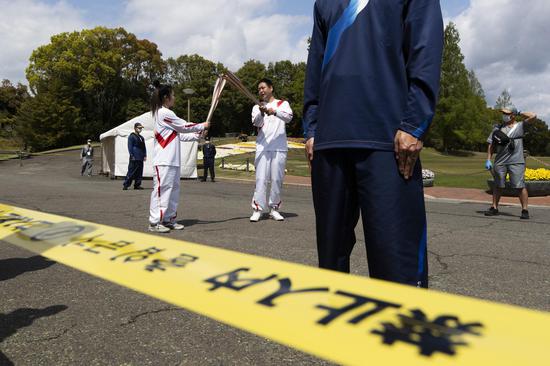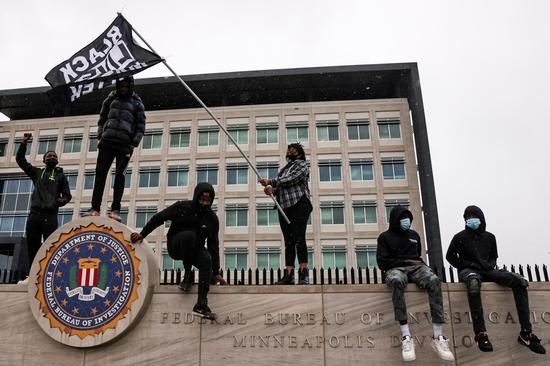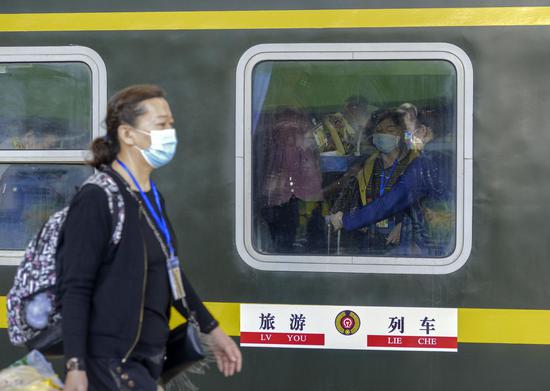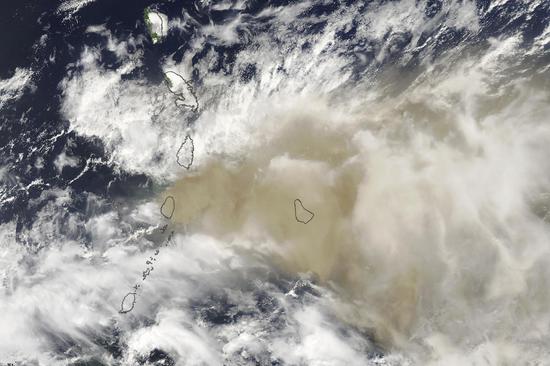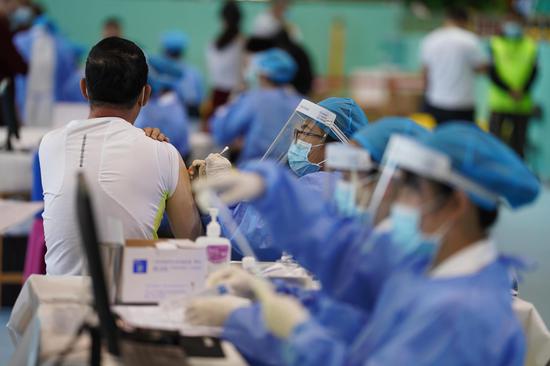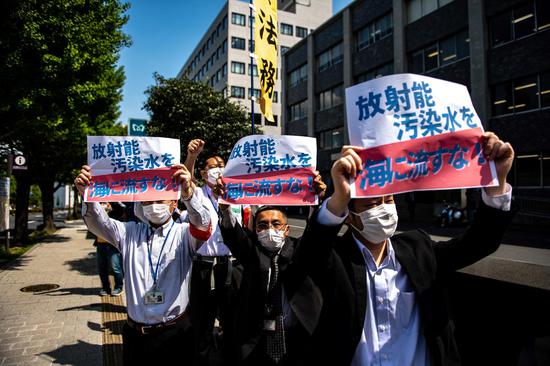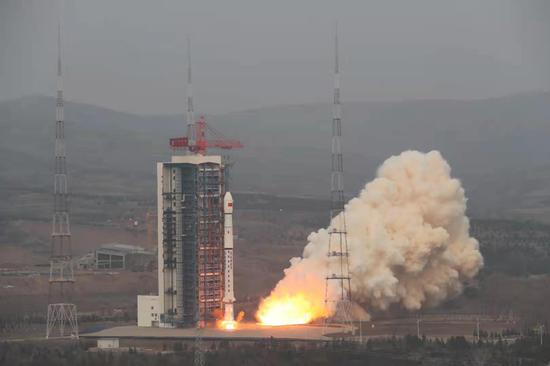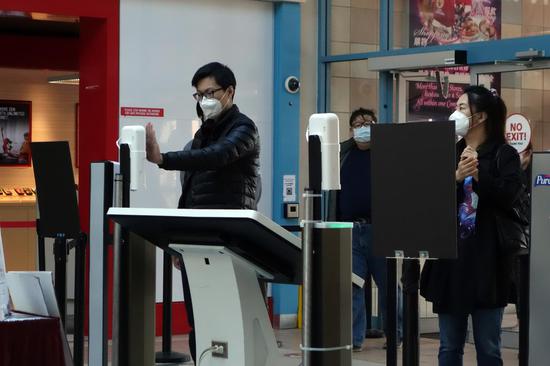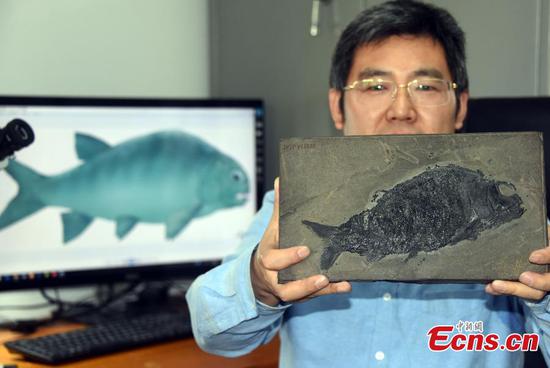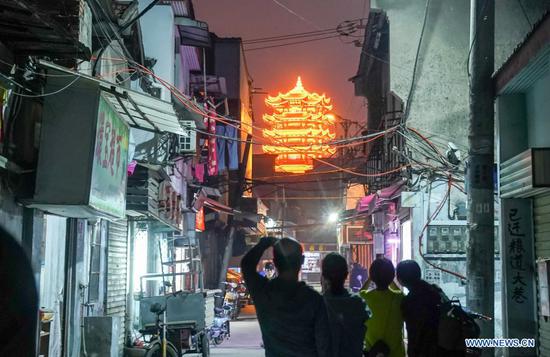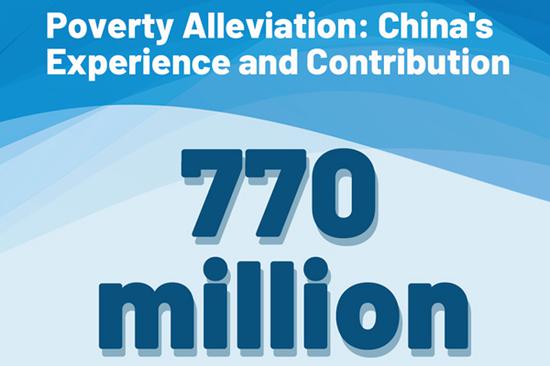A UN envoy on conflict-related sexual violence on Wednesday called for a post-pandemic paradigm shift to address the issue of sexual violence in conflict.
"Building back better in the wake of this (COVID-19) pandemic requires an inclusive, intersectional, and gender-informed approach. Let us not miss or misunderstand this moment. This is not just a point in time, it is a turning point in history," said Pramila Patten, the UN secretary-general's special representative on sexual violence in conflict.
"The pandemic demands a paradigm shift: to silence the guns and amplify the voices of women, to invest in public welfare rather than the instruments of warfare. We need to shift the leadership paradigm to ensure the representation of women and survivors themselves. We need to shift the public spending paradigm to reduce military expenditure and strengthen institutions. And we need to shift the security paradigm to foster human security and resilience to social and economic shocks," she told a Security Council open debate on sexual violence in conflict.
The COVID-19 pandemic has laid bare the intersecting inequalities that plague societies across the world, as compounded by conflict, displacement, and institutional fragility. The only cure for these overlapping ills is an injection of political resolve and resources equal to the scale of the challenge. It is not the time to return to the status quo, but rather to dig deeper and tackle the root causes of this problem as never before, she said.
A gender-responsive global pandemic recovery is everyone's business. It is unfinished business. But it cannot be business as usual. It is time to write a new social contract in which no military or political leader is above the law, and no woman or girl is beneath the scope of its protection. It is time for decisive action to mitigate the risks of sexual violence before it has begun. Prevention is the best and only cure, she said.
Sexual violence does not occur in a vacuum, but is tied to broader security dynamics such as the resurgence of hostilities, the rise of violent extremism, arms proliferation, population displacement, and collapsed rule of law. All tools must work in tandem to protect civilians at risk, support survivors, reform security sectors, and compel compliance by parties.
In all contexts, it is critical to emphasize that policies of zero tolerance cannot carry zero consequences, said Patten.










